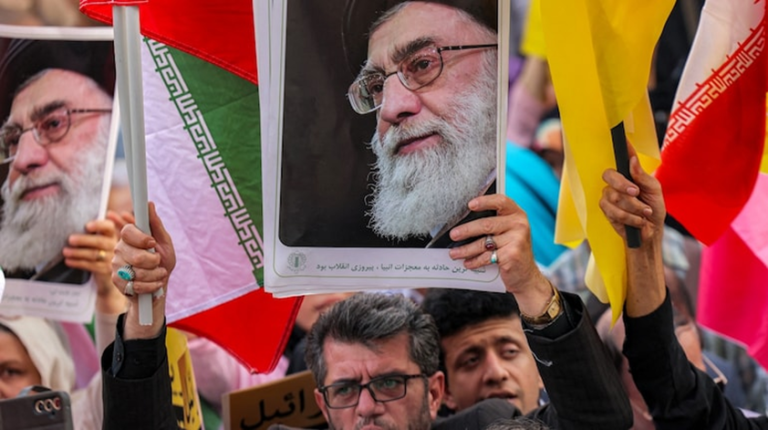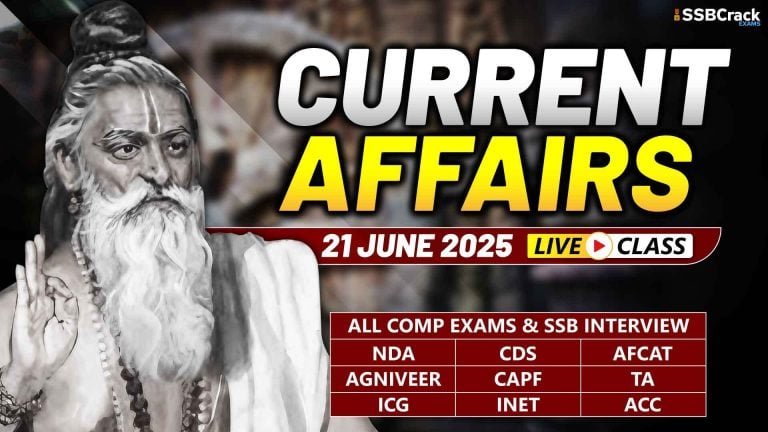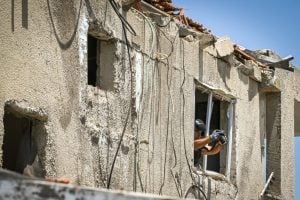A three-judge Bench of the Supreme Court, presided over by Chief Justice of India D Y Chandrachud, on Tuesday (November 5) upheld the Constitutional validity of the Uttar Pradesh Board of Madarsa Education Act, 2004 (Madarsa Act). The Allahabad High Court earlier struck down the Act in March, saying it violated the principles of secularism. In April, the apex court stayed the HC verdict until it decided on the validity of the law.
Supreme Court Upholds UP Madarsa Education Act
Why In News
- A three-judge Bench of the Supreme Court, presided over by Chief Justice of India D Y Chandrachud, on Tuesday (November 5) upheld the Constitutional validity of the Uttar Pradesh Board of Madarsa Education Act, 2004 (Madarsa Act). The Allahabad High Court earlier struck down the Act in March, saying it violated the principles of secularism. In April, the apex court stayed the HC verdict until it decided on the validity of the law.
What Is The 2004 UP Madarsa Act
- Madarsa Act provides the legal framework for madarsa education where, apart from the curriculum of the National Council of Educational Research and Training (NCERT), religious education is imparted as well. It created the Uttar Pradesh Board of Madarsa Education, predominantly comprising members of the Muslim community.
- The functions of the board are detailed under Section 9 of the Act and include preparing and prescribing course material and conducting exams for all courses from ‘Maulvi’ (equivalent to Class 10) to ‘Fazil’ (equivalent to a Master’s).
- A lawyer had challenged the Act in a petition, saying “the provisions, scheme and the environment” created by it violated Articles 14 (right to equality before law), 15 (prohibition of discrimination on grounds of religion, race, caste, sex, place of birth) and 21-A (right to free and compulsory education for children between the ages of 6 and 14) of the Constitution.
- He also claimed that the madarsa Act failed to provide quality compulsory education up to the age of 14 years or Class 8, and universal and quality school education to all the children studying in madarsas, required under Article 21.
- The UP government told the Supreme Court Bench it was of the view that the law is constitutional. It said that the Act need not have been struck down in entirety and only the offending provisions need to have been examined. According to data presented by the Centre to Parliament on February 3, 2020, as of 2018-19, of the total 24,010 madarsas in India, more than 60% — 14,528 — were in UP. These included 11,621 recognised madarsas.
- About 1.69 lakh students sat for the UP madarsa education board examinations — equivalent to Class 10 and Class 12 — in 2023.
What Was The Allahabad High Court Ruling
- On March 22, 2024, the Lucknow Bench of the Allahabad High Court declared the Uttar Pradesh Board of Madarsa Education Act 2004 unconstitutional, on the grounds that it violates the principle of secularism.
- In its decision, the bench labelled the Act as ultra vires and instructed the Uttar Pradesh government to develop a framework to integrate students currently enrolled in madrasas into the mainstream education system.
- This ruling followed a series of actions by the state government, which had initiated a survey of Islamic educational institutions in Uttar Pradesh and established a Special Investigation Team in October 2023 to examine the financial sources of madrasas from abroad.
UP Madarsa Act: Supreme Court observations
- Constitutional validity: The Supreme Court bench, led by Chief Justice DY Chandrachud, concluded that the Madarsa Act effectively regulates the standards of education in recognised madrasas. The court noted that this regulation aligns with the state’s obligation to ensure that students achieve a level of competency to participate actively in society.
- Balance between minority rights and quality education:The Supreme Court also emphasised the importance of balancing the rights of religious and linguistic minorities to establish and manage educational institutions with the need for quality education. It acknowledged that while madrasas offer religious education, they primarily serve educational purposes and should not compromise the quality of learning.
- Legislative competence:The Supreme Court affirmed that the Madarsa Act falls within the legislative competence of the State Legislature, specifically under Entry 25 of List 3 of the Constitution. The court underscored that laws regulating educational institutions affiliated with a religious community do not inherently violate secularism.
- Regulation of education standards: The ruling reinforces the state’s authority to regulate education standards in madrasas, ensuring that they provide quality education alongside religious teachings.
- Protection of minority rights: By upholding the Act, the court has reinforced the right of religious minorities to establish educational institutions, provided they adhere to certain educational standards aligned with secular principles.
- Quality education assurance: The judgment serves as a reminder that the state has a duty to ensure that all children receive a quality education, which is a fundamental right under Article 21A of the Constitution.
- Focus on inclusivity:The court’s directive to ensure that madrasa students can access quality education supports the integration of madrasa education within the broader educational framework of the state.































